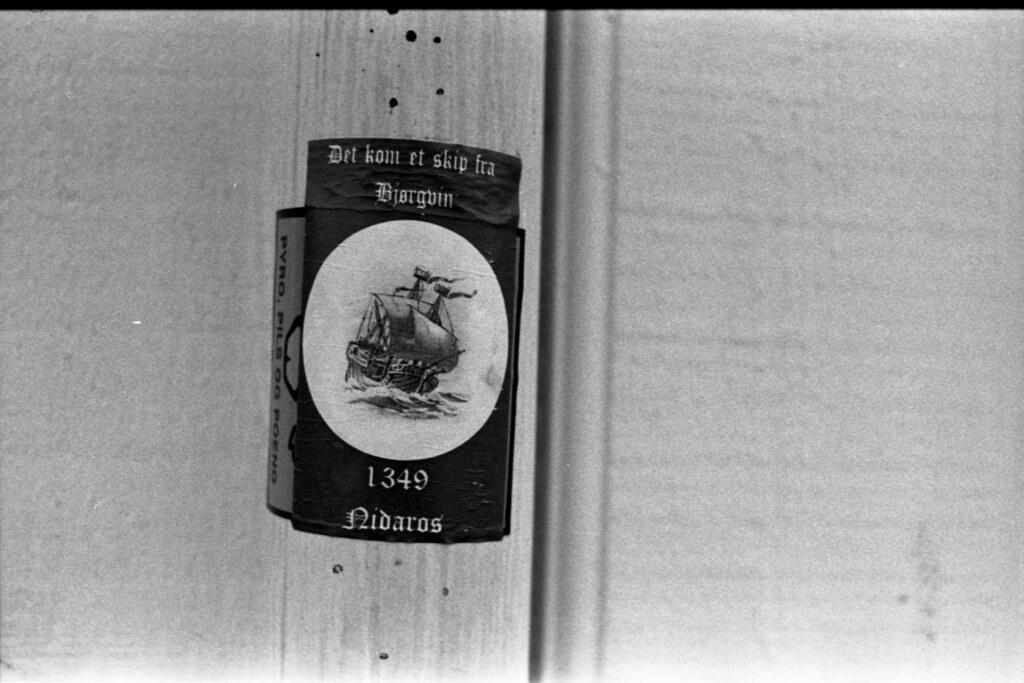In the digital age, where swipes and clicks can spark the beginnings of modern romance, online dating has become a staple in the quest for connection. Yet, amidst the allure of new possibilities, there lurk subtle signals that can transform a promising chat into a cautionary tale. As we delve into the realm of virtual courtship, it’s crucial to recognize the red flags that may flutter unnoticed in the backdrop of charming exchanges. This guide will illuminate the warning signs to watch for in new conversations, ensuring your journey through the digital dating landscape remains both safe and rewarding.
Spotting Deceptive Language and Unusual Phrases
- Too Good to Be True: Phrases that sound overly flattering or too perfect can be a red flag. If someone is quick to use terms like “soulmate” or “destined” without having a substantial conversation, it’s wise to proceed with caution.
- Vague or Evasive Responses: When direct questions about their life or background are met with ambiguous answers, it might indicate they have something to hide. Be wary of those who consistently avoid giving clear details.
- Inconsistent Stories: Pay attention to contradictions in their narrative. If their job, location, or personal history frequently changes, it might suggest deception.
- Unusual Phrasing: Sometimes, scammers use awkward language due to translation software or lack of familiarity with the language. Phrases that don’t quite fit the context or seem robotic may warrant further scrutiny.
- Pressuring for Personal Information: If someone quickly asks for sensitive details like your home address or financial info, it’s a major warning sign. Genuine connections respect privacy and boundaries.

Identifying Inconsistent Stories and Backgrounds
When engaging in new online dating conversations, it’s crucial to stay alert for inconsistencies in stories and backgrounds. These can often signal dishonesty or a lack of transparency. Pay attention to details like where they claim to have lived, their job history, or even small anecdotes about their life. If you notice changes in their narrative or find contradictions in what they share, it’s wise to proceed with caution.
- Frequent changes in job titles or locations.
- Discrepancies between what they say and what’s visible on their social media profiles.
- Vague answers to specific questions about their past.
These inconsistencies might not always mean something sinister, but they do warrant a deeper look. Trust your instincts and consider asking clarifying questions to gauge their reactions. A genuine person will likely provide coherent explanations, while someone with something to hide may become defensive or evasive.

Recognizing Pressure Tactics and Urgency
In the world of online dating, it’s crucial to be vigilant about pressure tactics and manufactured urgency. These strategies can often be subtle, yet they serve as significant red flags. A potential match might try to rush you into meeting in person or sharing personal information. They may claim they have a limited time to chat or express exaggerated feelings of affection too quickly. These are often attempts to bypass the natural process of building trust and can indicate ulterior motives.
- Excessive Pressure: If someone insists on moving the relationship forward at an uncomfortable pace, take a step back.
- Urgency Claims: Beware of phrases like “I need to know now” or ”This is your last chance.”
- Immediate Requests for Personal Information: Protect your privacy by withholding sensitive details until you’re sure of the other person’s intentions.
Recognizing these tactics can help you maintain control over your dating experience and ensure that interactions remain respectful and genuine.

Detecting Vague or Evasive Responses
When engaging in new online dating conversations, it’s essential to be on the lookout for responses that lack clarity or seem intentionally evasive. These types of replies can be indicators of someone hiding something or not being genuinely interested. Consider the following red flags:
- Ambiguous Answers: If someone frequently responds with phrases like “I’ll tell you later” or “It’s complicated,” it might be a sign they’re avoiding the truth.
- Deflection: Watch for attempts to shift the focus away from themselves, often by changing the subject or turning questions back on you.
- Minimal Engagement: Responses that are consistently short or lack detail may indicate a lack of interest or an unwillingness to share.
While occasional vagueness can be normal, persistent patterns of evasiveness might warrant a closer look. Being aware of these signs can help you navigate online dating with more confidence and clarity.




